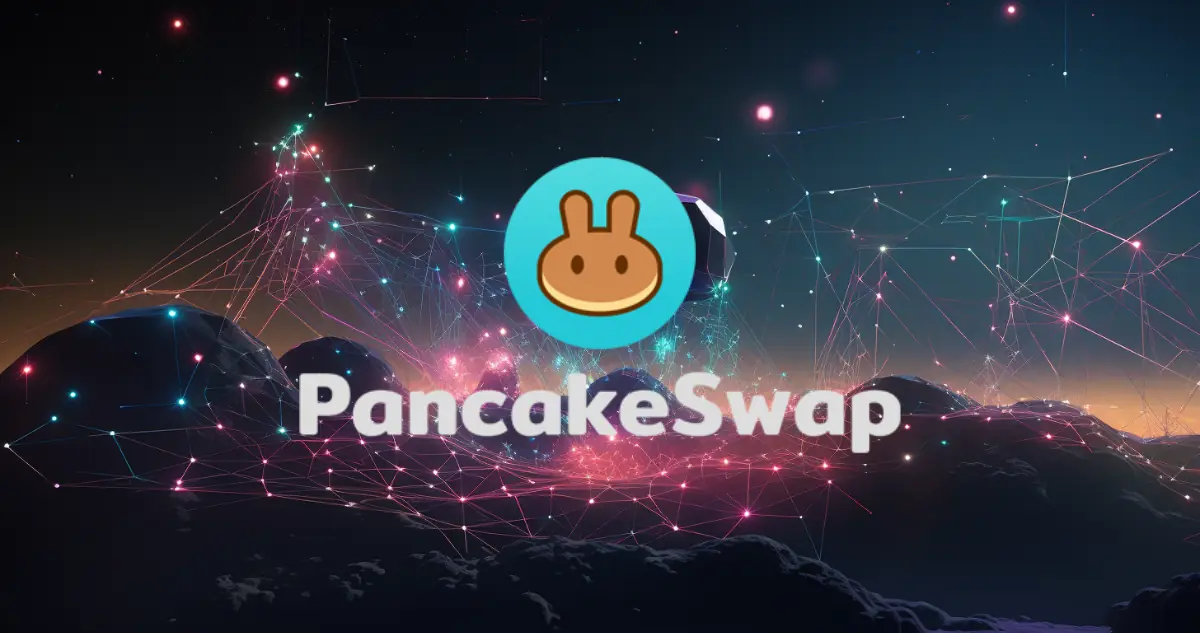On-chain activity is increasingly turning into real revenue for DeFi and DEX platforms. PancakeSwap, for example, shares a portion of its commissions with token holders, some of whom receive daily rewards.
On-chain business is becoming a daily source of income for several decentralised blockchains and protocols. In 2025, the staking trend is back, but this time it is backed by real on-chain revenue and not just promises.
Several leading DeFi networks and projects have implemented revenue sharing mechanisms, making token ownership more profitable. Staking is no longer just a matter of network security, but a tool to support the growth of the entire ecosystem and for revenue sharing.
These tokens show growth dynamics that are less dependent on short-term volatility. They operate on the fundamental basis of demand and value generation within the blockchain.
Most popular networks have at least a few dApps that generate significant revenues. The largest volumes are currently concentrated on Ethereum, Solana, BNB Smart Chain and TRON.
CAKE returns to the top by revenues generated
The DEX platform PancakeSwap is back on top, now leading by revenues distributed to CAKE token holders. Activity on PancakeSwap has increased dramatically in recent months, thanks in part to exchanges via Binance Wallet, which have led to a significant increase in commissions.
According to DeFi Llama, PancakeSwap is currently the platform with the highest revenue per token holder. The exchange's revenues are back to the levels of the last bull market in 2021.
More than any other protocol or network, CAKE currently distributes $2.72 million per day in revenue. Additional incentives include token burning mechanisms and an updated tokenomics model.
After two years of oblivion, PancakeSwap returned to prominence in early 2025. The wave of interest coincided with increased activity in the BNB Smart Chain ecosystem, new incentives and a campaign to collect Alpha Points useful for participating in exclusive sales and airdrops on Binance.
The distribution of revenues rekindles interest in altcoins
The example of PancakeSwap clearly demonstrates that the best way to generate and share revenue is a real and active load on the protocol. The higher the on-chain demand, the higher the fees and thus the profits for token holders.
The possibility of receiving passive income has also become the driving force behind HYPE's growth. More and more investors prefer staking to selling the token. HYPE holders access commissions in excess of $2.4 million on peak activity days. It was the revenue sharing mechanism that kept early participants in the project, preventing price collapses from the start.
Of the five main revenue sharing protocols, three are decentralised exchanges. These generate income as a direct function of demand and activity in the network. DEX platforms have already surpassed both lending services and liquid staking platforms in terms of profitability, even in ecosystems such as Solana.
In this context, CAKE is close to a three-month high, trading around $2.48. If activity on DEX continues, a further price surge is possible.
The prospect of passive income through staking is driving other tokens to growth. TRX is holding close to a three-month high around $0.28, showing enviable stability compared to the volatility of the rest of the market.
Even HYPE is keeping pace: the token has surpassed the opening price zone and updated its local high to $40.96.
Another derivatives platform that functions as a DEX, Aerodrome, is showing a strong comeback. Since April, its token has grown to $0.54 and the project's average daily income has reached $411,000. This profit is distributed among the owners of the governance token, making participation in the project even more attractive.
The interest in revenue distribution is also fuelling expectations for a new PancakeSwap token. The platform already shares part of the commissions, although it does not yet have a dedicated token for this mechanism. In contrast, some DEXs such as Uniswap distribute profits only to holders of the governance token, excluding ordinary UNI holders.








